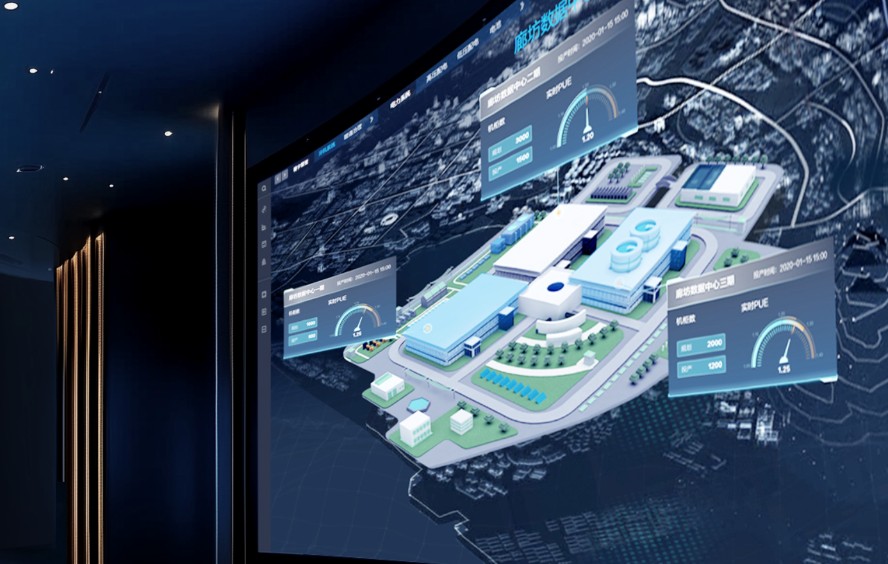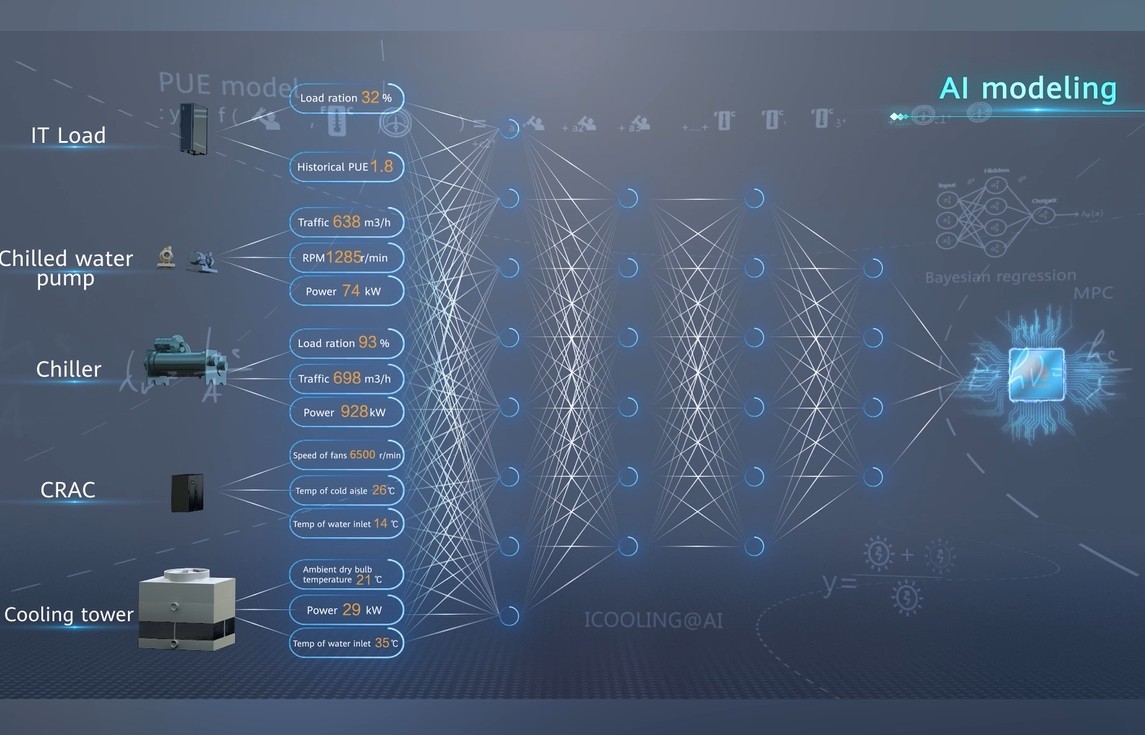Huawei's data center facilities are built with innovation and dependability at the forefront. As data grows quickly, future-proofing data centers are important. Huawei uses modern technologies such as AI, cloud-native capabilities, and modular architectures to provide scalability and adaptability. Furthermore, sustainability and strong security measures are fundamental to their approach. This article delves into how Huawei's cutting-edge Infrastructure promotes long-term development, energy efficiency, and strong security requirements, making its data centers perfect for responding to the changing digital environment.

How Huawei Ensures Scalability and Flexibility in Data Centers
Modular Design for Expansion
Huawei data centers have a modular architecture that enables simple expansion as demand grows. This approach's flexibility allows firms to extend their Infrastructure without disrupting operations, adding additional components or resources as required. Whether it's adding server racks, power supply units, or cooling systems, this architecture allows Huawei's data centers to expand in a smooth and cost-effective way. This modular strategy is critical for managing the fast rise of digital data while retaining performance without sacrificing efficiency.
Cloud-Native Capabilities
Huawei's data centers are equipped with cloud-native features that improve resource usage and agility. Huawei's integration of cloud technologies allows organizations to easily adjust to changing workloads and needs. The data centers allow flexible service models like IaaS, PaaS, and SaaS, which help businesses improve their IT infrastructure and save expenses. Cloud-native capabilities guarantee that the facilities stay relevant for future technological breakthroughs while also providing unprecedented scalability and flexibility to suit both current and future requirements.
Integration of AI and Automation
Huawei uses AI and automation in its data centers to improve operational efficiency and performance. AI models are used to improve cooling systems, increasing energy efficiency via predictive analytics and real-time changes. Automation of regular processes, such as maintenance and monitoring, reduces the need for human involvement, resulting in a more efficient operation. Huawei guarantees that data centers function at optimal efficiency by using AI-driven insights and automated actions to reduce downtime, reduce energy consumption, and make data centers more responsive to dynamic operational demands.

WhyHuawei's Cutting-Edge Security Measures Protect Data Center Facilities
Advanced Cybersecurity Protocols
Huawei's data centers are outfitted with cutting-edge cybersecurity systems to safeguard sensitive information from outside attacks. Huawei protects the security of data during transmission and storage by using modern encryption methods and multi-layered firewalls. The integration of real-time threat detection and automatic incident response systems guarantees that possible breaches are addressed immediately. Huawei's dedication to cybersecurity goes beyond physical hardware to include software-based defenses, making its data centers a dependable solution for organizations worried about data security.
Physical Security Enhancements
Huawei improves the physical security of its data centers by using strong measures such as biometric access controls, surveillance systems, and limited entrance zones. This multi-layered approach to security guarantees that only authorized workers have access to critical places. Furthermore, Huawei employs automated security solutions such as AI-based monitoring and predictive analytics to identify and mitigate security breaches before they occur. These physical security measures complement Huawei's cybersecurity processes, resulting in a safe and robust infrastructure for important data.
Continuous Monitoring and Incident Response
Huawei uses continuous monitoring and incident response systems to protect the security of its data centers. Real-time monitoring systems provide notifications for odd actions, allowing for quick responses to possible security issues. In the case of an occurrence, Huawei's automatic incident response system may take quick action, such as isolating impacted systems or launching recovery protocols. This proactive security strategy reduces the danger of data breaches and downtime, ensuring that Huawei's data centers are safe and operating around the clock.
Conclusion
Huawei places a strong focus on scalability, adaptability, sustainability, and security in the construction of its data center facilities in order to satisfy the evolving needs of the digital world. Cloud-native technologies, AI, and modular design make Huawei's data centers future-proof and equipped to accommodate the growing demands of data-driven enterprises. Huawei's data centers provide a dependable and forward-thinking infrastructure solution by prioritizing energy efficiency, environmental responsibility, and enhanced security measures. The company's NetEco6000 DCIM system further enhances operational efficiency, making Huawei a leader in the next generation of data center management.






Leave a Reply